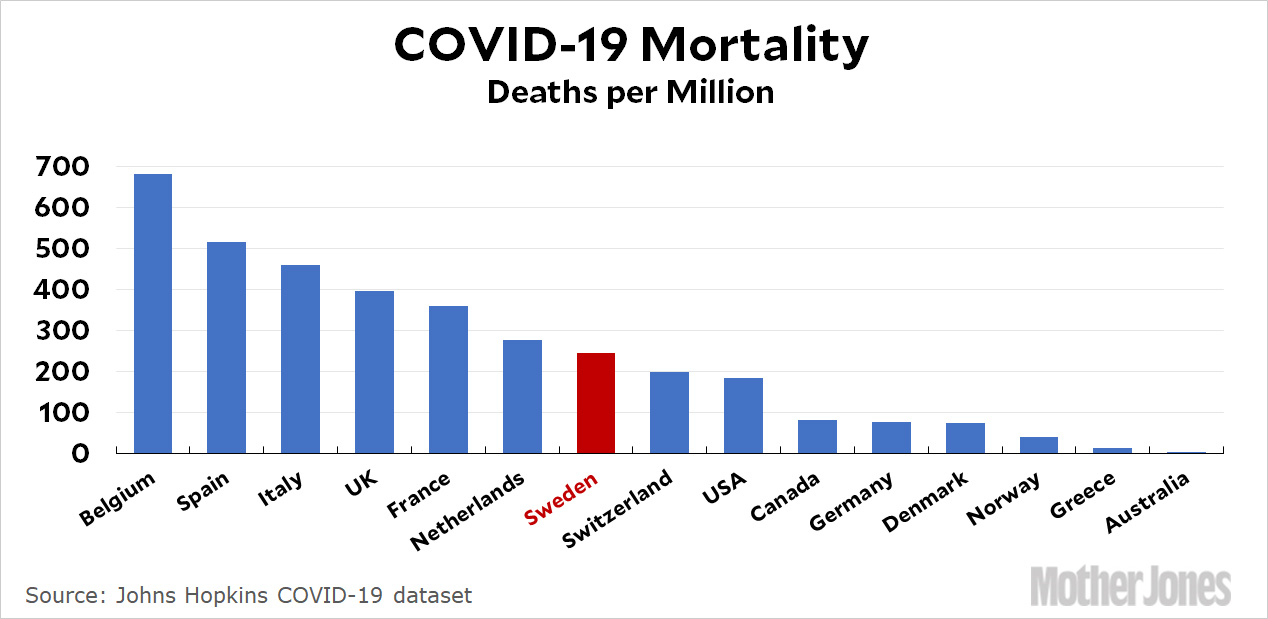Earlier today I wrote about beaches and today Matt Yglesias writes about parks. For the most part, he says, everyone seems to be acting pretty responsibly, but not always:
We could also from time to time see people behaving irresponsibly at the park — either parents allowing small children to play on the climbing structure, which was riskier than I was willing to do, or else younger kids or teens playing basketball, which involves too much physical contact to follow social distancing guidelines. In response to this kind of activity, the mayor ordered the parks and playgrounds run by the city government to close and worked with the federal government to close some but not all of the numerous federally managed parks in DC.
As an emergency measure, these kinds of broad closures may be the best the US could do. But as America settles in for a long haul of social distancing during the coronavirus pandemic, it doesn’t seem to be well-grounded in the evidence. Transmission of the virus from runners or people walking around outside looks to be unlikely and possibly even less likely in the warmer days to come.
This is why I’m so frequently on a soapbox about trying to figure out which social distancing measures are most effective. I think the reality is that people are simply not going to put up with the most stringent C19 countermeasures for a long time, but they’re more likely to put up with them if there are at least a few places to blow off steam. This is basically the Swedish model: instead of clamping down hard, put in place a regimen that will be moderately effective but can be sustained for months on end. How’s that working out for them?

Compared to its peer countries, Sweden is in the middle of the pack. Compared to other Scandinavian countries, it’s not doing so well. In other words, it’s kind of hard to say. But it doesn’t seem to be disastrous.
Here’s another idea: We have, at the moment, something like 30 million people temporarily unemployed due to C19 restrictions. How hard would it be for the federal government to sponsor a modern-day CCC but for towns and cities? Harder than I think, perhaps, but why not offer jobs to these folks as park monitors? They wouldn’t be hard-ass peace officers or anything like that, just people who would stroll around and encourage park users to keep their distance. It might be worth a try.


















